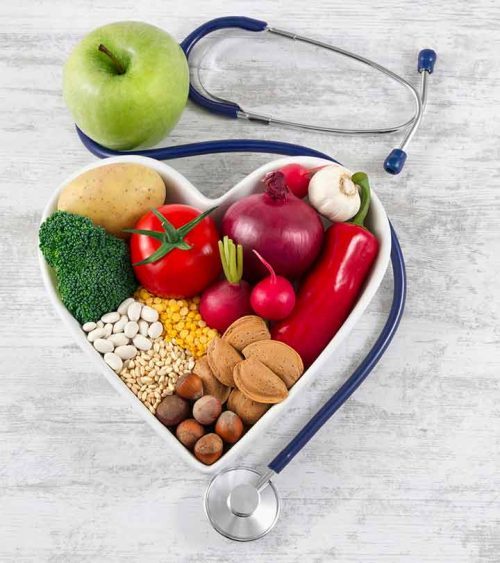Healthy foods are foods that provide your body with all the necessary nutrients to maintain proper bodily functions. A healthy diet contains everything the body needs to keep it functioning properly. These nutrients include vitamins, minerals, certain carbohydrates, fiber, proteins, and fat. The body can obtain most of these nutrients through whole foods, fruits, vegetables, legumes, nuts, and other food groups.
A healthy eating habit does not mean that you have to deprive yourself of all the enjoyable, delicious foods that you love. Just learn to choose them more carefully and you will be fine. Most healthy foods, even those that come from animal sources, are still classified as healthy if they contain the following nutrients in sufficient amounts: Vitamins, iron, calcium, potassium, riboflavin, thiamine, folic acid, potassium, sodium, magnesium, phosphorus, iodine, niacin, and inositol. These nutrients are essential for maintaining a healthy nervous system and reproductive system, strong bones and muscles, healthy skin and mucous membranes, and proper gastrointestinal function.
If you really want to lose weight and achieve good overall health, you should also avoid fatty foods. You should eat a wide variety of fruits and vegetables every day. You should try to eat as many different kinds of fruits and vegetables as possible and make sure that most of them are organic (organic refers to the plants and animals that were fed chemical fertilizers instead of food designed to increase plant growth). When shopping, buy produce that is not frozen or canned and that is free from pesticides and other chemicals.
The fifth food group is called “extended-release.” This group usually consists of five food groups plus one or two “usual” foods. You don’t have to follow a healthy diet for this group; however, many people in this category to eat a low-fat, low-sugar, low-calorie diet that consists almost entirely of either lean meats or fish. They also may eat an occasional dessert from time to time. An occasional fruit here and there is not that uncommon.
The sixth and seventh key nutrients for a healthy diet are milk and yogurt. If you haven’t tried them lately, you should start adding them to your diet. Milk and yogurt are excellent sources of calcium, protein, and iron. In addition, they contain a wide range of other nutrients including vitamins, minerals, and probiotics. So if you like to drink or eat fruit, you can eat those products as well.
Finally, it’s important to point out that some dairy foods are high in saturated fats. Milk and some other dairy foods are naturally high in cholesterol because they contain. The best dietary advice is to reduce your consumption of fatty snack foods such as cookies, potato chips, fried foods, candy bars, and other “sugar junk” foods.

